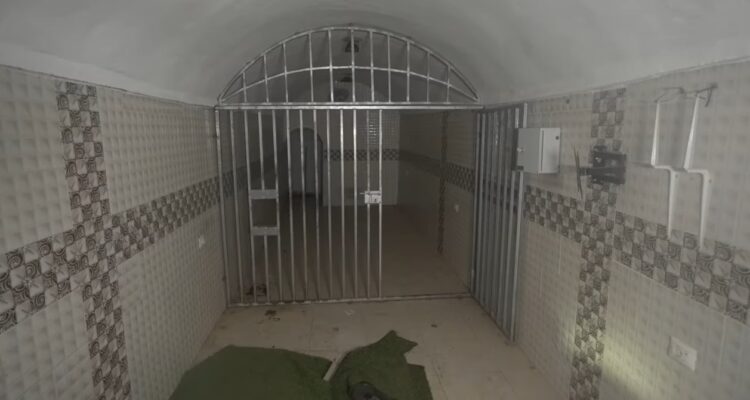Captives at risk of contracting deadly bacterial, fungal infections as disease spreads in the Strip.
By World Israel News Staff
Israel’s highest-ranking official responsible for the recovery of the hostages kidnapped during Hamas’ terror attack on October 7th said that many of the captives are being held in the city of Rafah, which the Israeli army is planning to invade in the coming weeks.
Speaking to CNN, Gal Hirsch acknowledged international concern around an offensive in Rafah. The Biden administration has demanded that Israel present a civilian evacuation plan for the city, which is a Hamas stronghold, before IDF forces move into the area.
“We do not want to cause collateral damage. Rafah has many people there that Hamas uses right now as human shields,” including Israeli hostages, Hirsch said.
“We are doing our best, everything we can, everything that is possible, to avoid collateral damage,” he added. “But Rafah must be next because we must release our hostages.”
There are 136 hostages currently held captive in Gaza, though Israeli intelligence officials believe that only some 100 of them are still alive.
Those who are still alive are held in extremely unhygienic conditions, which may prove to be life-threatening.
“We know, both from examinations of the returning captives and from international medical sources, that there is a very broad infectious disease level in Gaza,” Dr. Hagai Levin told Maariv.
“Together with the difficult conditions of captivity and the poor hygiene, any simple infection can become complicated and lead to life-threatening infections,” Levin added.
“Unfortunately, we have already seen evidence that the captives do not receive the medication that was sent to them, let alone medical treatment.”
Medical experts told Maariv that there are currently major outbreaks of pneumonia, Hepatitis A, influenzas and coronavirus in the Gaza Strip, which could lead to hostages becoming seriously ill and even dying.
Additionally, there are fungal infections currently spreading in the Strip via contaminated soil.




